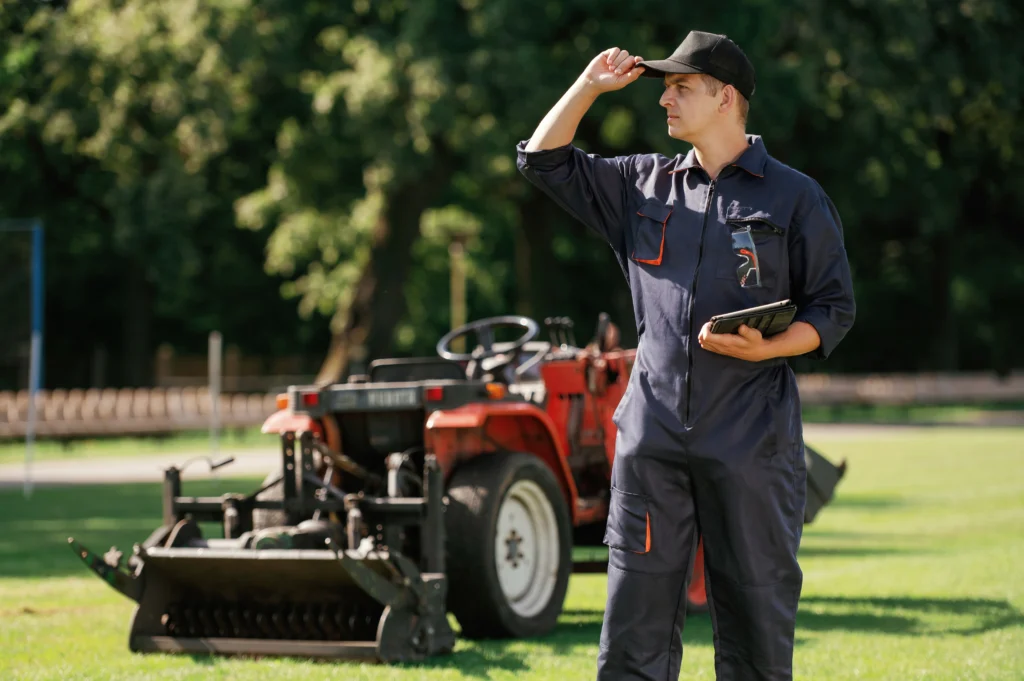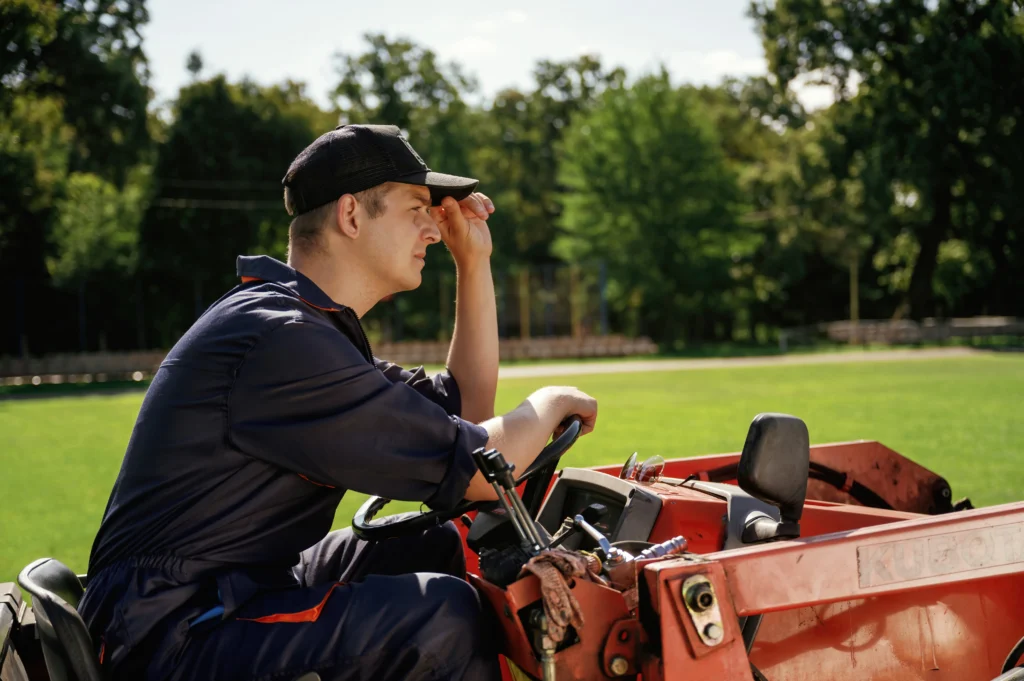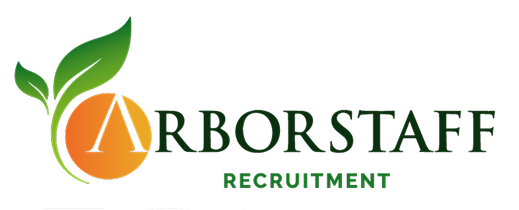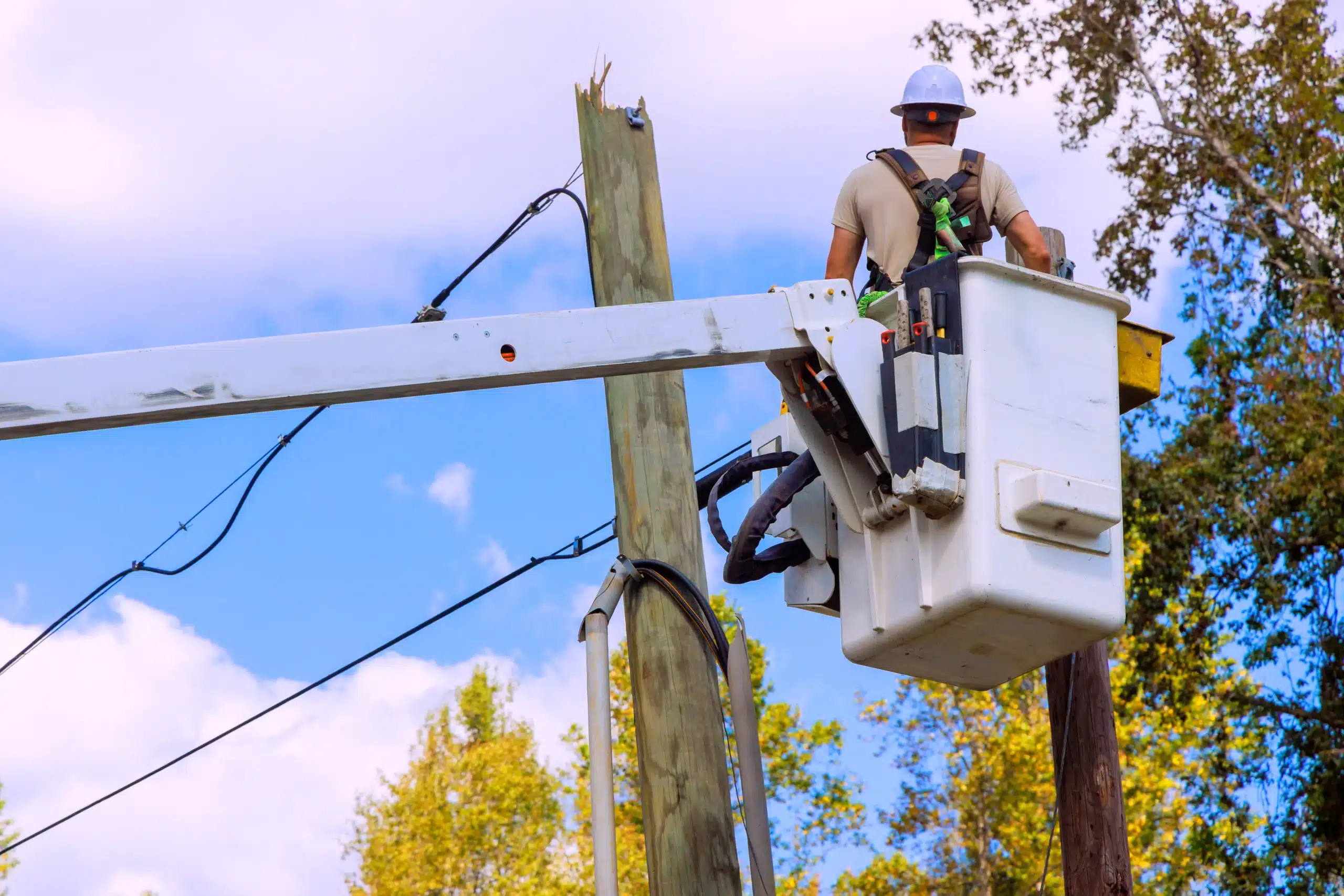Discover why groundsmen are essential to successful tree care operations, from safety protocols to career opportunities. This comprehensive guide explores the vital role groundsmen play, their responsibilities, career paths, and why skilled ground crews are the foundation of every successful arborist team.

The Silent Heroes Working Below: Why Every Tree Needs a Groundsman
Ever watched a tree removal and wondered about those hardworking folks on the ground? While climbers get the spotlight, groundsmen are the backbone making everything possible. Without them, even the most skilled arborist would struggle to complete a single job safely.
Looking for skilled ground crew members who understand the importance of their role? Contact our expert team today to discover how we connect tree care companies with experienced groundsmen from Puerto Rico.
What Makes a Groundsman Essential to Tree Care?
Think of tree work like a symphony. Climbers might be the soloists, but groundsmen are the entire orchestra keeping everything in harmony. Without proper ground support, even simple jobs become dangerous disasters.
The Real Impact of Quality Ground Crews
Safety first - that's not just a slogan when you have experienced groundsmen. They:
- Monitor overhead hazards constantly
- Maintain clear escape routes for climbers
- Handle dangerous equipment like chippers and chainsaws
- Communicate vital information to the climbing team
Beyond Brush Dragging: Core Responsibilities
Modern groundsmen handle complex tasks requiring skill and judgment:
Equipment Management
- Sharpening and maintaining chainsaws
- Operating wood chippers safely
- Setting up rigging systems
- Performing daily equipment inspections
Site Preparation and Safety
- Establishing work zones and traffic control
- Managing debris removal efficiently
- Coordinating with utility companies when needed
- Ensuring proper cleanup that protects your reputation
The Career Path: From Entry-Level to Expert Groundsman
Starting Your Journey
Most people think groundwork requires no skills. Wrong! Entry-level positions need:
| Basic Requirements | Why It Matters |
|---|---|
| Physical fitness | Lifting 50+ pounds repeatedly |
| Clear communication | Safety depends on it |
| Attention to detail | Equipment lives depend on maintenance |
| Willingness to learn | Techniques evolve constantly |
Advanced Groundsman Specializations
Equipment Operators earn the highest pay among ground crews:
- Crane operators: $35-50/hour
- Bucket truck drivers: $28-40/hour
- Specialized machinery operators: $30-45/hour
Rope and Rigging Specialists become invaluable team members by mastering:
- Complex rigging setups for difficult removals
- Lowering systems for confined spaces
- Emergency rescue techniques
- Advanced knot work and rope management
Salary Reality: Can You Build a Career as a Groundsman?
Let's talk numbers. Many people wonder if staying on the ground pays enough for a decent living. The answer might surprise you.
Entry-Level Expectations
- New groundsmen: $16-20/hour
- Experienced crew members: $22-28/hour
- Specialized equipment operators: $30-45/hour
Factors That Increase Your Value
Certifications boost your earning potential significantly:
- CDL license: +$3-5/hour premium
- Equipment certifications: +$2-4/hour
- First Aid/CPR: Required for most positions
- OSHA training: Often mandatory
Geographic location matters too. Urban areas typically pay 20-30% more than rural regions, but cost of living varies dramatically.
Ready to advance your groundswoman or groundsman career? Learn about our training programs designed to develop specialized skills that command higher wages.

The Skills That Set Professional Groundsmen Apart
Technical Competencies
Chainsaw mastery goes beyond just cutting. Professional groundsmen understand:
- Different bar and chain combinations for various tasks
- Proper filing techniques for optimal performance
- Safety protocols that prevent accidents
- Maintenance schedules that extend equipment life
Rigging knowledge separates amateurs from professionals:
- Load calculations for safe lowering
- Mechanical advantage systems
- Proper sling placement techniques
- Emergency procedures when things go wrong
Soft Skills That Matter
Communication excellence keeps everyone safe. Top groundsmen:
- Use clear radio protocols
- Anticipate climber needs before being asked
- Coordinate with property owners professionally
- De-escalate tense situations calmly
Remember: You're often the face of the company that customers interact with most.
Safety: Where Groundsmen Make the Biggest Difference
Hazard Recognition and Management
Overhead awareness requires constant vigilance. Skilled groundsmen watch for:
- Falling branches and debris
- Power line proximity
- Weather changes affecting safety
- Equipment malfunctions that could cause injury
Drop zone management protects people and property:
- Calculating fall patterns accurately
- Setting up exclusion zones properly
- Managing foot traffic and vehicle movement
- Coordinating with emergency services when needed
Emergency Response Capabilities
First aid readiness can save lives. Many accidents happen on the ground level:
- Chainsaw injuries from improper handling
- Struck-by incidents from falling debris
- Heat-related illnesses during summer work
- Back injuries from improper lifting techniques
Equipment Expertise: The Groundsman's Toolkit
Essential Hand Tools
Every professional groundsman should master:
- Various rake types for different debris
- Pruning shears for precision cleanup
- Hand saws for detailed work
- Measuring tools for accurate cuts
Power Equipment Proficiency
Chainsaw operation demands respect and skill:
- Different saw sizes for various tasks
- Bar oil and fuel mixture ratios
- Chain tensioning procedures
- Emergency shutdown techniques
Chipper operation requires specialized training:
- Feed rate management for efficiency
- Jam clearing procedures
- Maintenance schedules
- Safety zone establishment

Career Advancement: Growing Beyond Ground Level
Pathway Options for Ambitious Groundsmen
Climbing transition isn't the only advancement route:
- Crew leadership positions
- Equipment specialization roles
- Sales and estimating opportunities
- Business ownership possibilities
Specialized certifications open new doors:
- Plant Health Care technician
- Pesticide applicator licenses
- Heavy equipment operator certifications
- Utility line clearance qualifications
Alternative Career Paths
Municipal arboriculture offers stability:
- City forestry departments
- Parks and recreation positions
- University grounds management
- Golf course tree care
Consulting opportunities leverage experience:
- Tree risk assessment
- Insurance claim evaluation
- Expert witness services
- Training program development
The Puerto Rican Advantage in Ground Crew Excellence
Why do many successful tree care companies prefer Puerto Rican groundsmen? The answer lies in cultural work ethics and practical advantages:
Strong work ethic rooted in tradition:
- Family business backgrounds in agriculture
- Multi-generational tree care knowledge
- Pride in craftsmanship and attention to detail
- Team-oriented approach to challenging jobs
Practical benefits for mainland companies:
- US citizenship eliminates visa complications
- Bilingual capabilities serve diverse customer bases
- Willingness to relocate for quality opportunities
- Competitive rates without sacrificing quality
Industry Trends Affecting Groundsman Opportunities
Technology Integration
Modern equipment changes job requirements:
- GPS tracking for efficiency monitoring
- Digital work orders and reporting systems
- Advanced safety monitoring devices
- Automated equipment diagnostics
Workforce Development Initiatives
Training programs address skill gaps:
- Community college partnerships
- Apprenticeship opportunities
- Industry-sponsored certification programs
- Online learning platforms
Building Tomorrow's Ground Crews Today
The tree care industry faces a critical shortage of skilled workers. Companies that invest in quality groundsmen today will dominate tomorrow's market.
Smart hiring strategies focus on:
- Cultural fit over just experience
- Potential for growth and development
- Commitment to safety excellence
- Professional attitude and appearance
Retention tactics that work include:
- Clear advancement pathways
- Competitive compensation packages
- Ongoing training opportunities
- Recognition and appreciation programs
The future belongs to companies that understand this truth: groundsmen aren't just support staff. They're essential professionals whose expertise determines your success, safety record, and reputation in the community.






